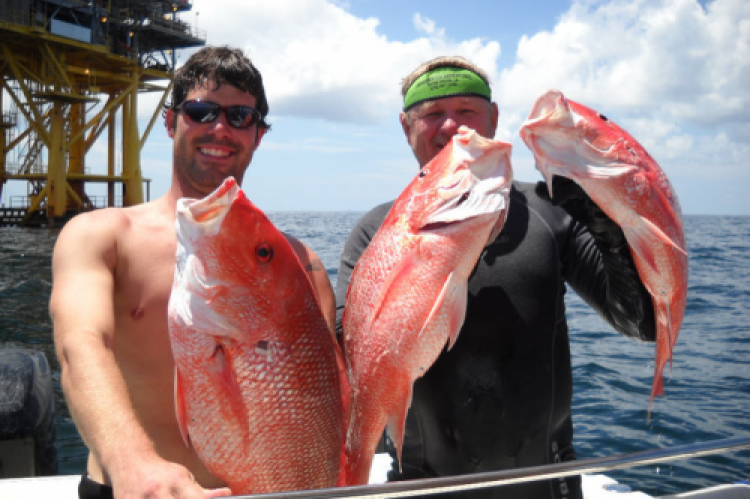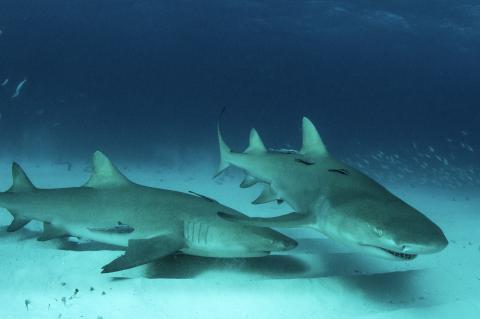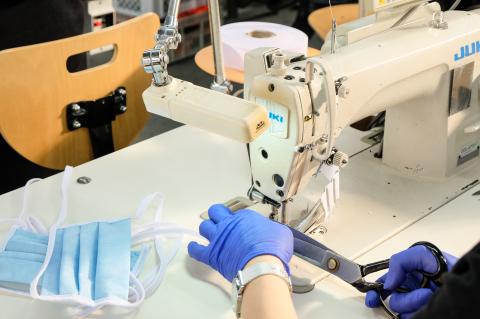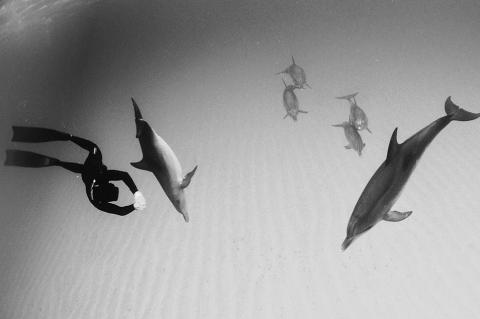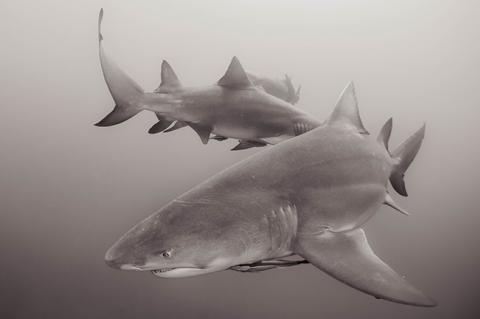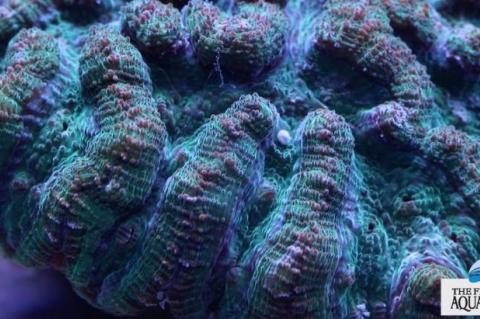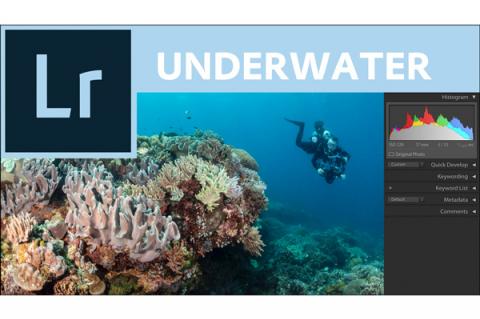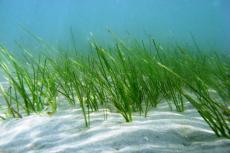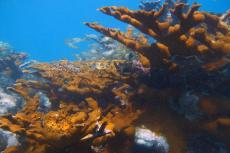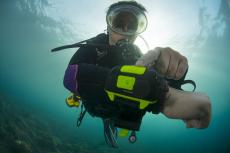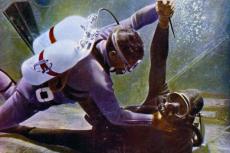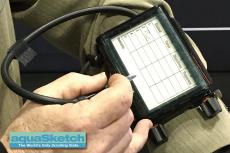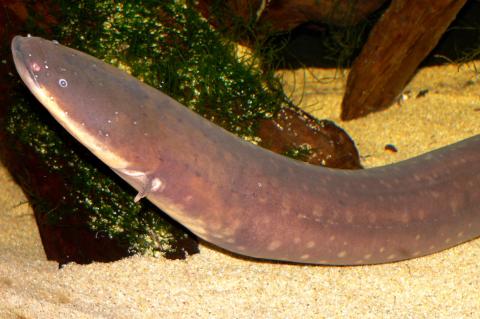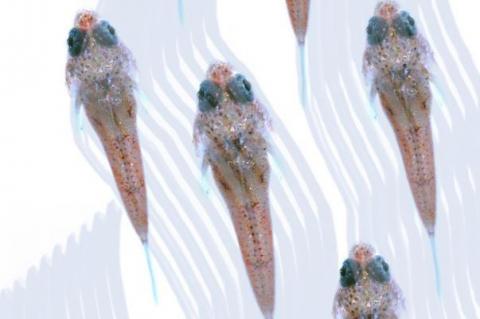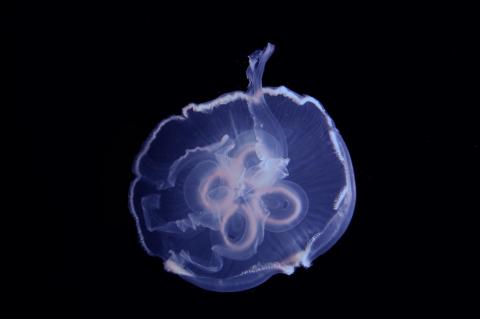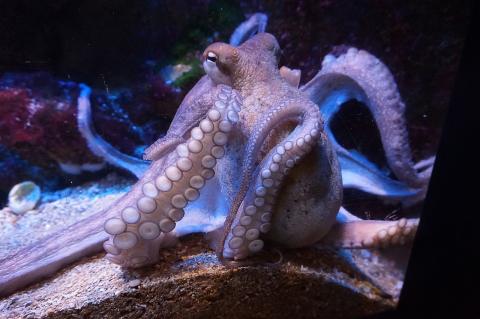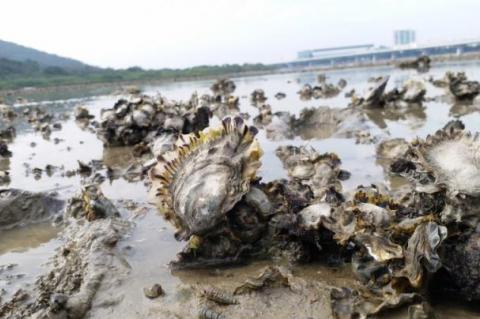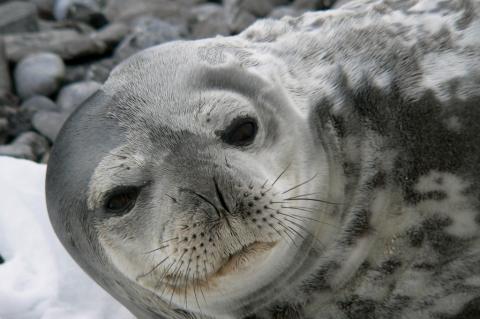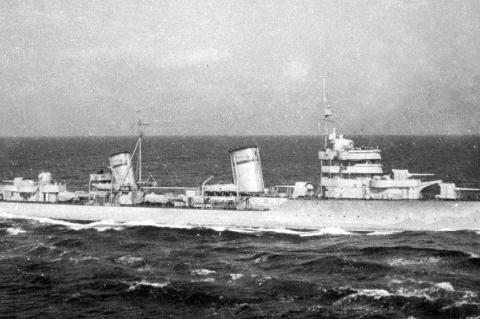Less Surface Oil in Gulf, Oil Underwater NOAA confirms
Across the Gulf coast, helicopters are scanning the shoreline for oil while a mile undersea the work to plug BP's well is picking up speed. Pressure in the well is still rising and there's no talk of collecting oil anymore, just stopping it for good, reports CBS News. "You have to prioritize what you are going to do and obviously getting that pipe into the relief well is the most important item we are working on," said Thad Allen.
In Mississippi, out-of-work fishermen are preparing to go back on the water to look for oil again. Gulf coast fisherman Barry Rando just wants to work.
"Because there is no oystering and no shrimping right now and that was our way of living," says Rando. "Anything BP can throw at us we'll take it."
That work could become more scarce soon. Even before this storm boats were finding less and less oil to skim. If that's still the case once they finish these over flights, the Coast Guard and BP will take a second look and could scale back the number of boats and people helping to clean up.
Underwater plumes comfirmed
NOAA released the results of a second peer-reviewed report, and found evidence of concentrations of subsurface oil thanks to the BP spill. Taking preliminary data from 227 sampling stations extending from one to 52 km away from the Deepwater Horizon site, the report indicates that oil plumes can be seen extending away from the site of the spill, gradually becoming less concentrated.
No oxygen depletion detected yet
It's notable that so far NOAA hasn't found evidence of severe oxygen depletion in the areas affected by the spill. Scientists worry that as oil-eating bacteria break down the crude and then die, they could serious deplete marine oxygen levels—with devastating consequences for sealife.
But the reality is that no one knows what impact the underwater oil plumes will have on the deep regions of the Gulf, which haven't been very well studied, and no one really knows what concentrations of chemical dispersants will do either. In the words of a great New Scientist piece on the spill, the Gulf has become an "accidental laboratory."


